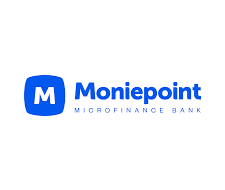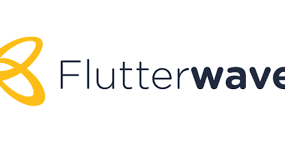Africa’s digital payment ecosystem is on track for remarkable growth, with projections indicating a market value of $1.5 trillion by 2030. This estimate, derived from a Mastercard-commissioned report by Genesis Analytics, highlights the continent’s accelerating digital transformation, driven by increased Internet penetration and financial inclusion.
Mastercard reaffirmed its commitment to fostering Africa’s digital economy through strategic investments, public-private collaborations, and technological innovation aimed at boosting financial accessibility and economic participation.
The Key Drivers of Growth
Africa’s digital revolution is gaining momentum, with Internet penetration expected to grow at an annual rate of 20%, while financial inclusion is projected to expand by 6% per year. This rapid shift is pushing businesses and consumers towards digital transactions, with contactless payments and online financial services becoming more commonplace.
Dimitrios Dosis, President of Eastern Europe, Middle East, and Africa at Mastercard, emphasised the company’s dedication to Africa’s digital evolution:
“Africa is filled with immense possibilities, and its people have the potential to shape the global economy in the decades ahead. Mastercard remains deeply committed to driving digital transformation across the continent, working closely with entrepreneurs, merchants, banks, start-ups, telcos, and governments. By increasing our investments, expanding innovation, and fostering inclusion, we are helping build a more connected and accessible digital future.”
Focus Areas for Digital Expansion
To accelerate financial inclusion, Mastercard’s efforts will centre around three core areas:
Empowering MSMEs: Small and medium enterprises contribute over 50% of Africa’s GDP. Mastercard’s initiatives, such as Tap on Phone and SME-in-a-Box, aim to provide digital solutions that enable small businesses to thrive.
Strengthening the Fintech Ecosystem: Africa’s fintech sector has seen an explosion of activity, with nearly half of all fintech firms established within the past six years, collectively securing $6 billion in equity funding since 2000.
Enhancing Cross-Border Payments: The remittance and payment infrastructure is being scaled to make financial transactions more seamless across Africa and beyond.
Mastercard is also reinforcing its commitment through initiatives like the Mobilizing Access to the Digital Economy (MADE) Alliance: Africa, a partnership with the African Development Bank Group aimed at providing digital access to 100 million individuals and businesses over the next decade. Additionally, the Community Pass initiative is set to register 15 million African users within five years, enhancing connectivity for rural and underserved communities.
Africa’s Digital Future
Mark Elliott, Division President for Africa at Mastercard, highlighted the significance of these initiatives:
“With Africa projected to host nine of the world’s 20 fastest-growing economies, we are focused on leveraging our expertise and technologies to support the continent’s continued digital transformation. Our investments today will help build a more resilient economy for the future.”







2 replies on “Africa’s Digital Payment Market to Hit $1.5 Trillion by 2030”
[…] Payments and Commerce Market Intelligence (PCMI) estimates that Bangladesh’s e-commerce industry will expand to $13 billion by 2027, making it a desirable location for Jiji’s next stage of expansion. […]
[…] among South African banks aiming to capitalize on the increasing trade and investment flows between Africa and the Gulf […]